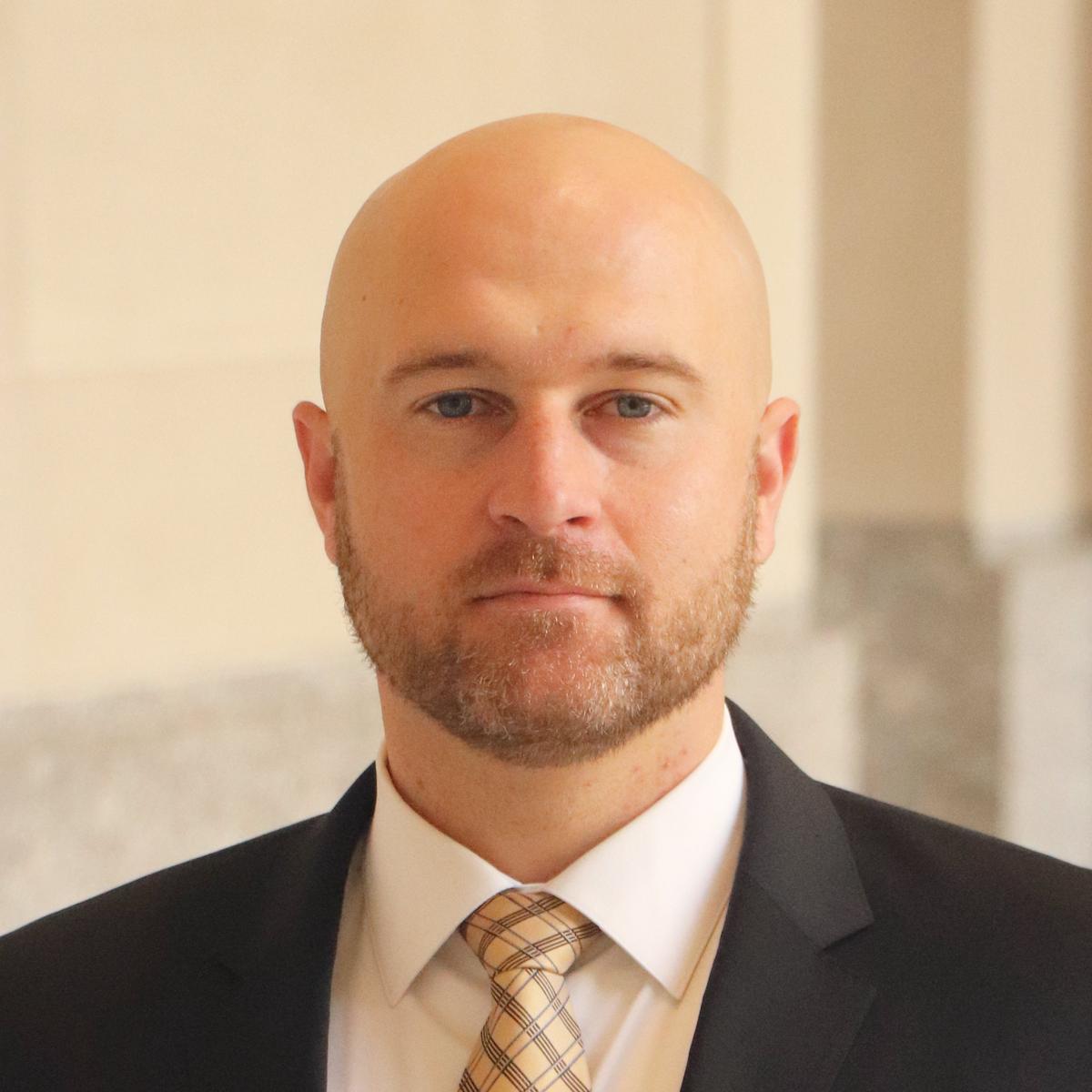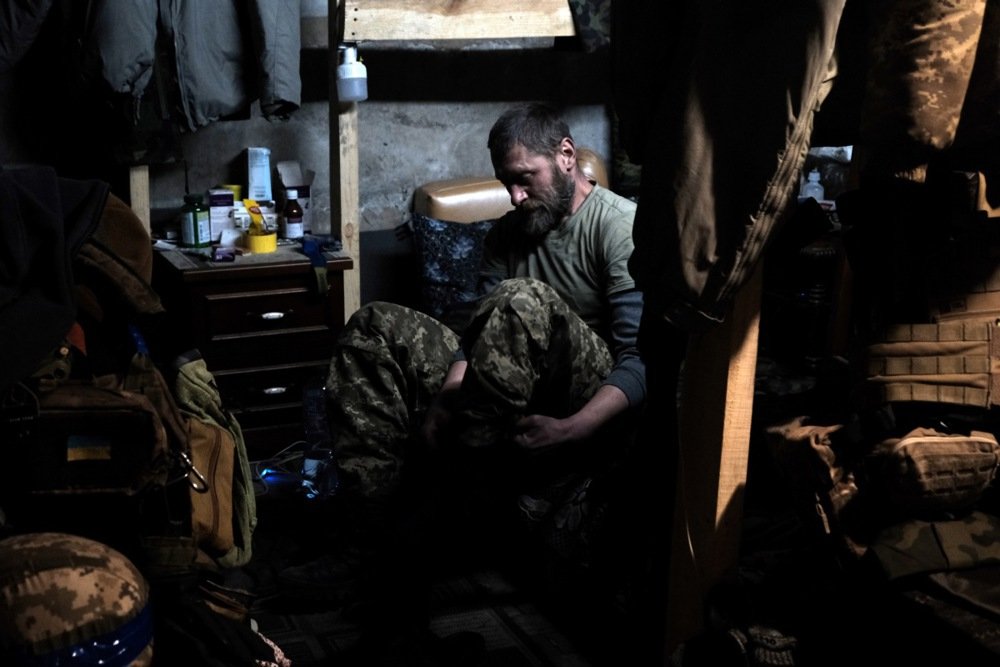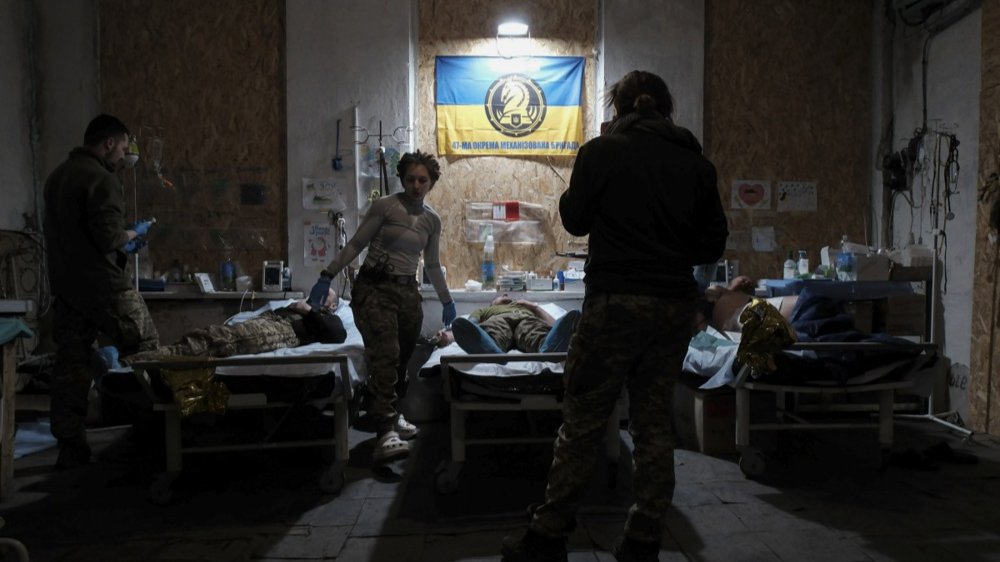Russia’s full-scale invasion of Ukraine has resulted in tens of thousands of Ukrainian service members being injured or killed. Nearly three quarters of injuries sustained by Ukrainian servicemen are caused by explosives. Blasts from artillery, drones, and missile strikes can inflict horrific injuries such as burns, lacerations, fractures, and dismemberment. They also expose those nearby to less visible but equally serious injuries to the brain.

Dan White is a graduate student at Johns Hopkins University School of Advanced International Studies and a former officer in the US Army.
Traumatic brain injuries (TBI) resulting from blasts will pose a long-term threat to the health and wellbeing of Ukraine’s veterans well after the war ends. Ukraine can prepare for this challenge by looking at the hard lessons the United States has learned in over two decades of coping with what has become a signature wound of modern conflict.
In addition to injuries caused by fragmentation, whiplash and collisions, blasts also pass tremendous kinetic energy through the human body and can cause unique harm to the brain. This energy transfer creates shockwaves in the bloodstream and cerebrospinal fluid that can rupture blood vessels and damage tissue throughout the brain. For these reasons, blast induced traumatic brain injuries cause unpredictable and often long-lasting effects.
While the consequences of exposure to blasts are unpredictable on an individual level, the overall effect of this signature injury on the community of Ukrainian veterans from this war can be anticipated by observing its effect on American veterans of the so-called War on Terror.
Recent research suggests that American service members who experienced a blast-related TBI were prone to worse outcomes across a number of indicators of health and wellbeing.
Blasts have been identified as a unique factor influencing a greater occurrence of post-traumatic stress disorder, depression, and insomnia in American service members. The brains of American veterans injured by blasts exhibit structural changes and premature ageing compared to those suffering TBI from other causes, something that may explain a greater rate of cognitive impairment in veterans exposed to blasts. Perhaps most concerning is recent research that suggests veterans who experienced moderate to severe brain injuries also die at disproportionately higher rates from all causes compared with the general population.
These grim outcomes the United States has experienced are not destiny. The brain is incredibly resilient and capable of reorganising and recovering lost function over time, something I have personally experienced since being blown up in Afghanistan. Post traumatic growth is possible and effective policy and treatment can create favourable conditions for Ukraine’s veterans to experience it.
Most Ukrainian veterans injured by blasts will recover on their own through rest, but the invisible nature of their injuries will make diagnosing those who need further treatment more difficult. Getting the right treatment to those who need it is crucial. Research by Dmytro Assonov at Kyiv’s Bogomolets National Medical University has found that Ukrainian service members whose brains healed more fully from an injury went on to suffer from lower rates of mental illness and reported better overall quality of life.

A Ukrainian soldier gets dressed near the Donetsk region town of Vuhledar, Ukraine, 7 March 2023. Photo: EPA-EFE/MARIA SENOVILLA
This suggests that a broader range of ailments plaguing some veterans and preventing them from effectively transitioning back into civilian life may be treatable with long term rehabilitation of underlying brain injuries. Increasing emphasis on treating these underlying symptoms with alternatives to psychiatric care, such as physical therapy, speech language therapy, recreational therapy, and vocational rehabilitation, may also help reduce the burden on Ukraine’s growing but still overextended mental health system for veterans. Existing rehabilitation programs such as those at the Lisova Polyana Center, near Kyiv, serve as a model that should be expanded.
To make effective treatment programs possible for those who need them in the future, Ukrainian military leaders should act now to identify future at-risk veterans.
To make effective treatment programs possible for those who need them in the future, Ukrainian military leaders should act now to identify future at-risk veterans. Investigating the circumstances of injuries will become more difficult once troops are demobilised, so it is imperative that the record keeping of blast exposures be improved. The improved system of individual electronic service records set for release later in 2024 has the potential to serve as a log of TBI. This official record can then be exported later to Ukraine’s broader eHealth system, for ensuring a continuity of care.
Early identification and treatment of individuals most at risk of long-term health complications from TBI may help keep families together. Recovery for severe cases of TBI may take a year or longer. Family members often bear additional economic and emotional burdens while their loved ones recover, which can affect their own mental wellbeing. Identifying at-risk individuals therefore also helps identify loved ones in need of additional support. This understanding can be used to connect families with a broader range of government resources and assistance provided by local communities, as well as religious organisations and NGOs.
Winning the peace in Ukraine requires an effective strategy for transitioning as many as 3.5 million veterans from the battlefield back into civil society. Tens of thousands of these veterans will return home psychologically changed by unseen wounds inside their heads. Whether they and their families heal and grow from this trauma, or get left behind to suffer in silence and self medicate will depend on the efforts Ukrainian policymakers start making before the war is over. How effectively these veterans can be reintegrated into society will have a significant impact on the overall health of Ukrainian democracy for generations to come.
The experience of the United States has demonstrated that effective programs for treating TBI can take a long time to establish, but that significant progress can be made even with small steps. Ukraine can take the next step now by raising awareness of the widespread consensus that TBI is a serious problem, and using that awareness to ensure better military record keeping, and to reduce the stigma associated with such types of injury, which may otherwise hold some veterans back from reporting their long-term injury symptoms.
Views expressed in opinion pieces do not necessarily reflect the position of Novaya Gazeta Europe.

